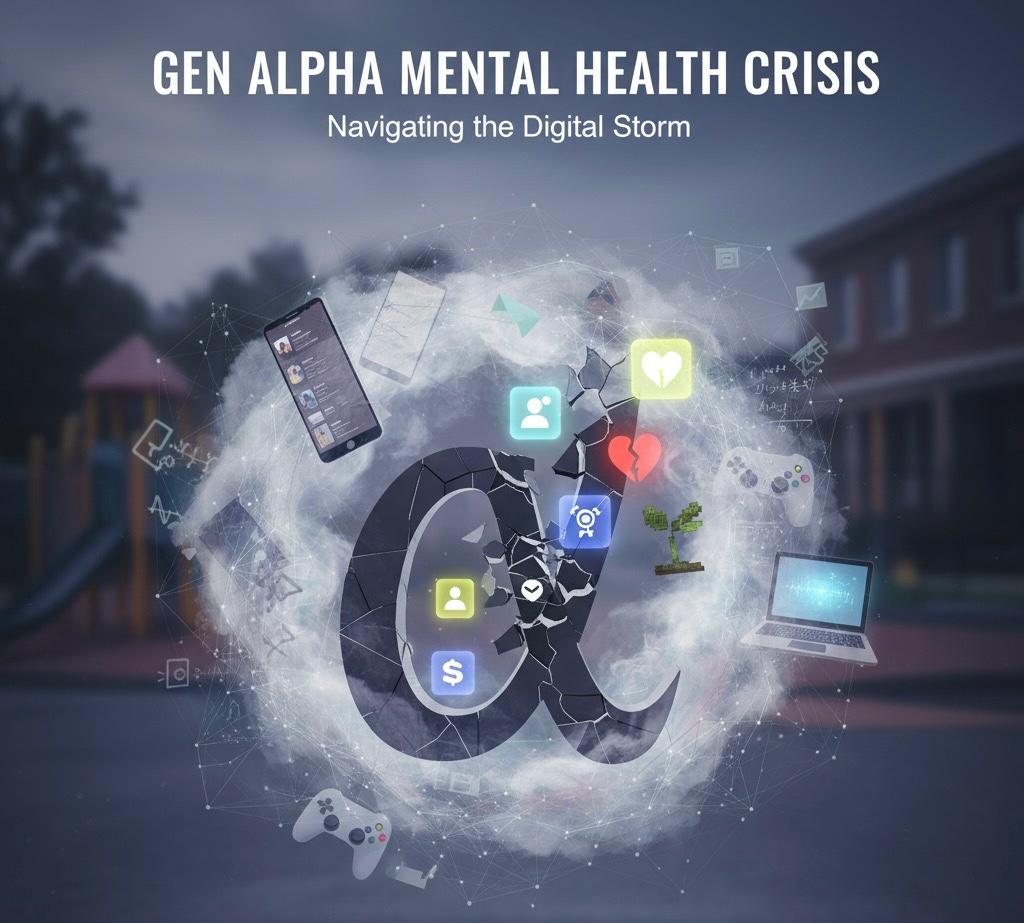The National Disability Insurance Scheme (NDIS) has transformed the landscape of support for Australians living with a disability by providing them with access to necessary services, including psychological support. For many NDIS participants, accessing psychology services is crucial for enhancing their mental health and overall well-being. This article explores the process of referring NDIS participants to psychology services, the importance of such referrals, and strategies to facilitate effective support, underpinned by current research and policy guidelines.
The Importance of Psychological Support for NDIS Participants
Psychological support plays a pivotal role in the holistic care of individuals with disabilities, addressing mental health issues such as anxiety, depression, and the psychological impacts of living with a disability. According to the World Health Organization (WHO), individuals with disabilities are more likely to experience poor mental health compared to those without disabilities, making access to psychological services critical (WHO, 2011).
The Referral Process
Referring an NDIS participant to psychology services involves several key steps:
- Assessment of Needs: The initial step involves a comprehensive assessment of the participant’s psychological needs, considering both their disability and any co-occurring mental health issues.
- Development of a Support Plan: Based on the assessment, a support plan that includes psychological services as part of the NDIS package is developed. This plan outlines the goals and expected outcomes of accessing psychology services.
- Choosing a Service Provider: Participants, often with the assistance of NDIS planners or coordinators, select a suitable psychology service provider. Providers should be NDIS registered and have experience in addressing the specific needs of people with disabilities.
- Making the Referral: The referral is typically made by the NDIS planner or support coordinator, although GPs, specialists, or the participants themselves can also initiate the referral process.
Challenges in Accessing Psychology Services
Despite the availability of services, several barriers can hinder access to psychological support for NDIS participants. These include a shortage of NDIS-registered psychologists, geographical limitations, and the complexity of navigating the NDIS system. Enhanced training for providers on the NDIS framework and increasing the number of registered psychologists are strategies that could improve access (Gilroy et al., 2016, Australian Psychologist).
Strategies for Effective Support
To ensure NDIS participants receive effective psychological support, the following strategies are recommended:
- Collaboration Between Professionals: Effective communication and collaboration between NDIS planners, psychologists, and other health professionals are essential for providing coordinated care.
- Individualised Approach: Psychology services should be tailored to meet the unique needs of each participant, considering their disability, mental health issues, and personal goals.
- Ongoing Monitoring and Evaluation: Regular reviews of the participant’s progress and the effectiveness of the psychology services should be conducted, allowing for adjustments to the support plan as needed.
Conclusion
Access to psychology services is a critical component of support for many NDIS participants, aiding in the management of mental health issues and enhancing overall well-being. While there are challenges in accessing these services, strategies such as improving provider understanding of the NDIS, increasing the number of registered psychologists, and ensuring a participant-centered approach can facilitate better outcomes. As the NDIS continues to evolve, it is imperative that psychology services remain an accessible and integral part of the support provided to Australians with disabilities.
References
- World Health Organization. (2011). World report on disability. WHO.
- Gilroy, J., Donelly, M., Colmar, S., & Parmenter, T. (2016). Conceptual framework for policy and research development with Indigenous people with disabilities. Australian Psychologist.
How to get in touch
If you or your patient/NDIS clients need immediate mental healthcare assistance, feel free to get in contact with us on 1800 NEAR ME – admin@therapynearme.com.au.







